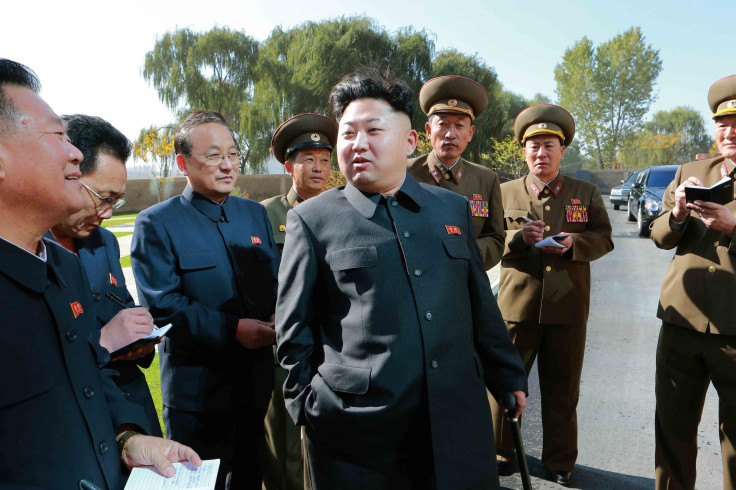North Korea Executed Nearly 1,400 People In 15 Years

North Korea executed 1,382 people during a 15-year period under the leadership of Kim Jong Un and his late-father Kim Jong Il, news agency UPI reported Wednesday. The executions were for crimes ranging from watching South Korean films to smuggling drugs.
The data was a part of an annual report from the Korea Institute for National Unification, a South Korean think tank. The report compiled accounts from North Korea defectors between 2008 and 2014, reported South Korean news agency Yonhap. The outlet reported that the research from the Korea Institute for National Unification accounted for public executions and that the actual total was expected to be higher.
The report stated that number of people executed peaked in 2008 and 2009. In 2008, 160 people were put to death, while 161 were killed in 2009, according to UPI. Kim Jong Un took over for his father Kim Jong Il after he died from a heart attack in 2011. In the last two years, the number of executions has reportedly dropped under his leadership. There were 82 executions in 2013 and five in 2014, the survey said.
Researchers said, however, that the survey's results countered North Korea's claims that prisoners were executed only in extreme cases. "The North claimed that it has handed down capital punishment in very limited cases, but it has carried out executions in cases of a wide range of crimes," the report said, according to Yonhap.
Crimes like watching South Korean films or drug-related offenses were pointed to as examples of non-political crimes that led to executions. Two college students were executed in 2013 for watching South Korean pornography in the city of Hyesan in the Ryanggang province. Later that year, three people were executed for trafficking methamphetamine, reported the South Korea media outlet No Cut News, via UPI.
A Reuters report in April said South Korea’s spy agency found that Kim Jong Un had executed 15 senior officials this year. Kim also executed his uncle Jang Song Thaek in 2013, who was considered the second most powerful person among the country’s leadership.
Meanwhile, defectors who spent time in North Korean "re-education" -- or prison -- camps reported that the conditions were brutal. Torture and beating were reportedly a regular occurrence said one defector who served a long sentence in North Korea's Chongori camp. The beatings were decreasing in number and punishment was lessening in severity at the time of the defector's release, however. He reportedly said that the change was a response to wide-spread criticism from the international community.
© Copyright IBTimes 2024. All rights reserved.






















